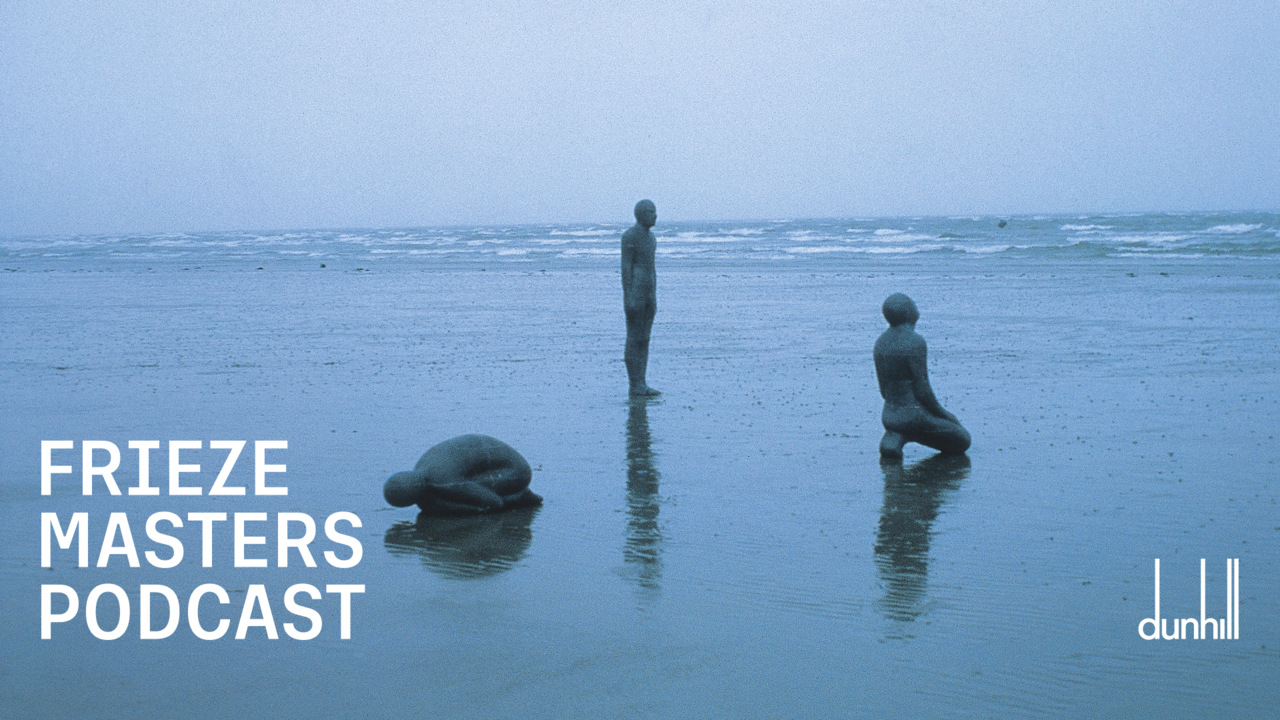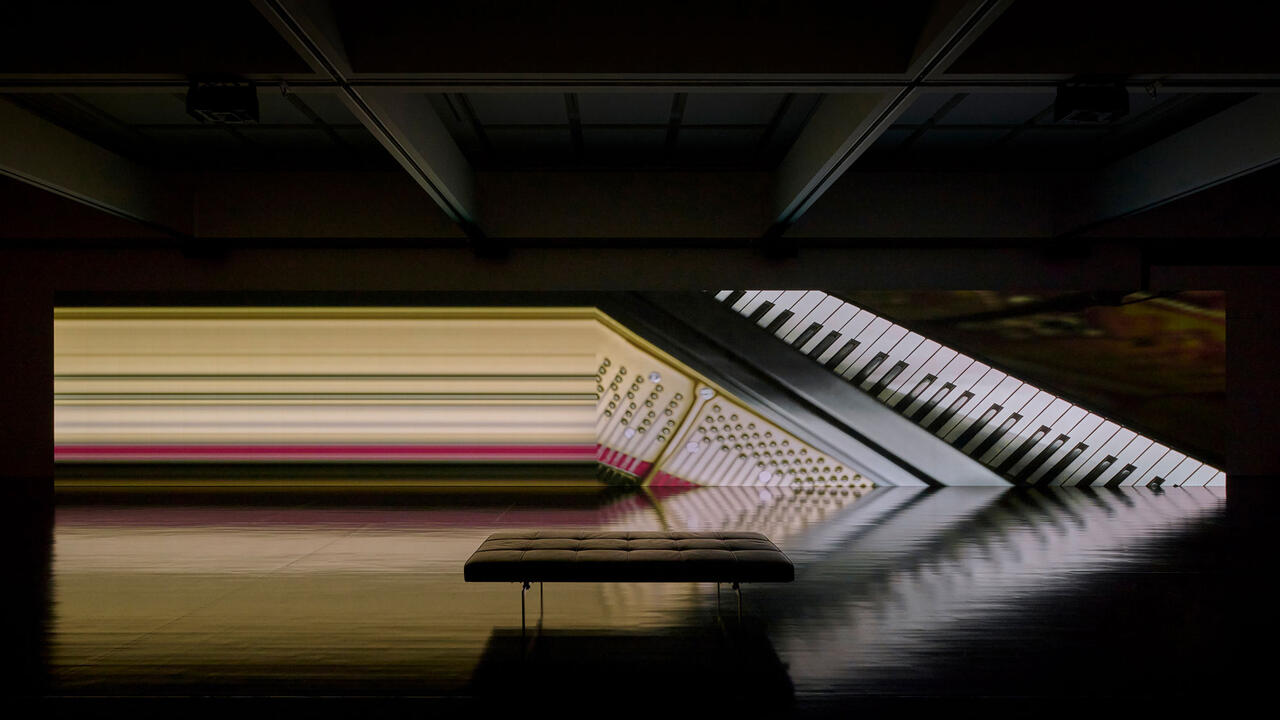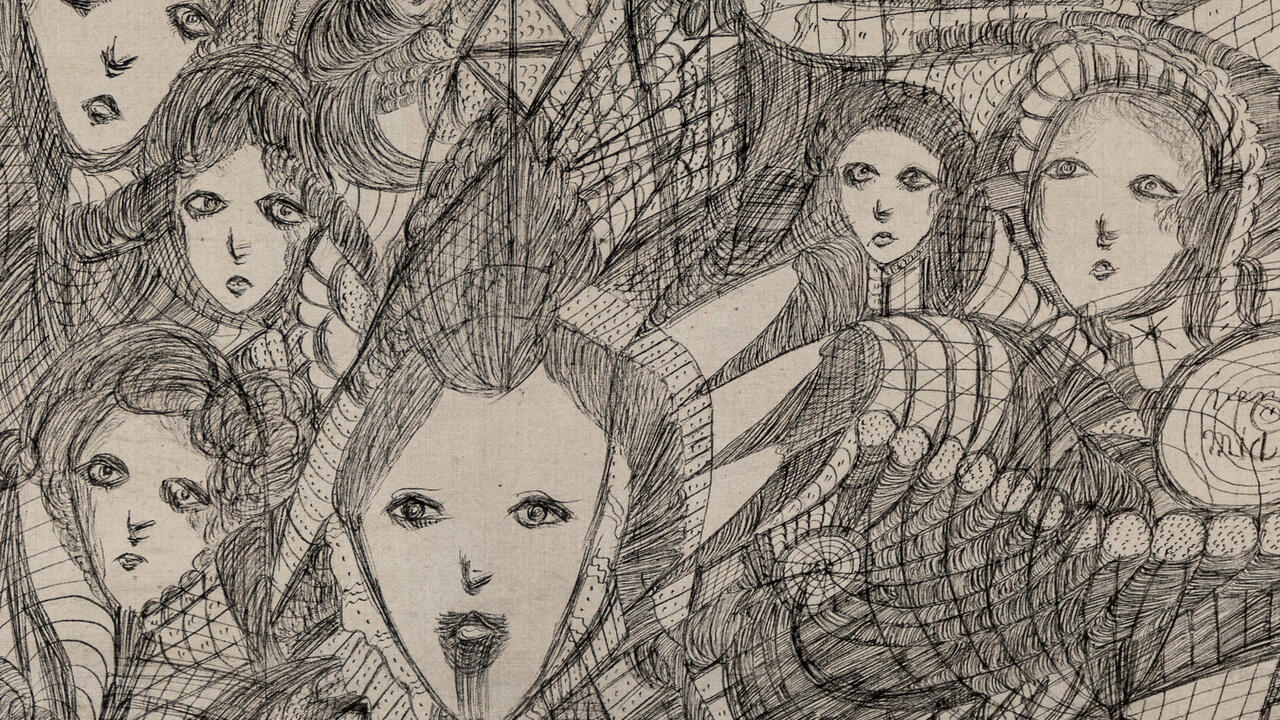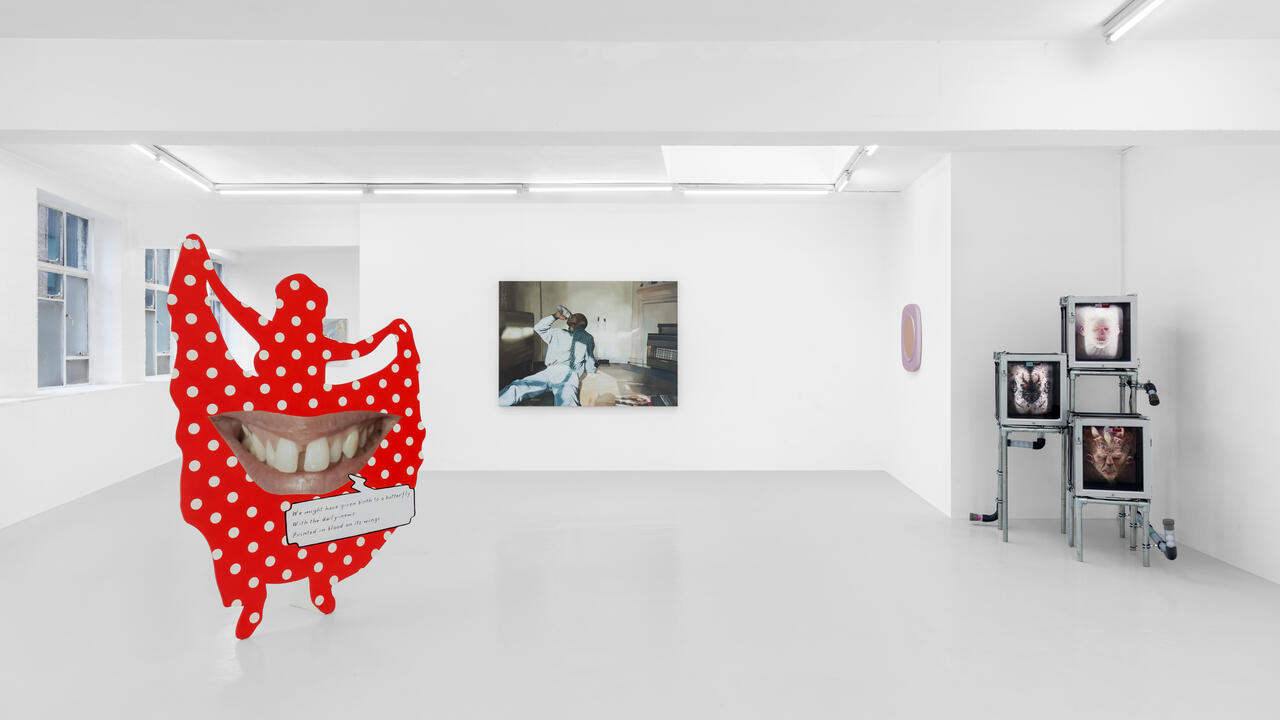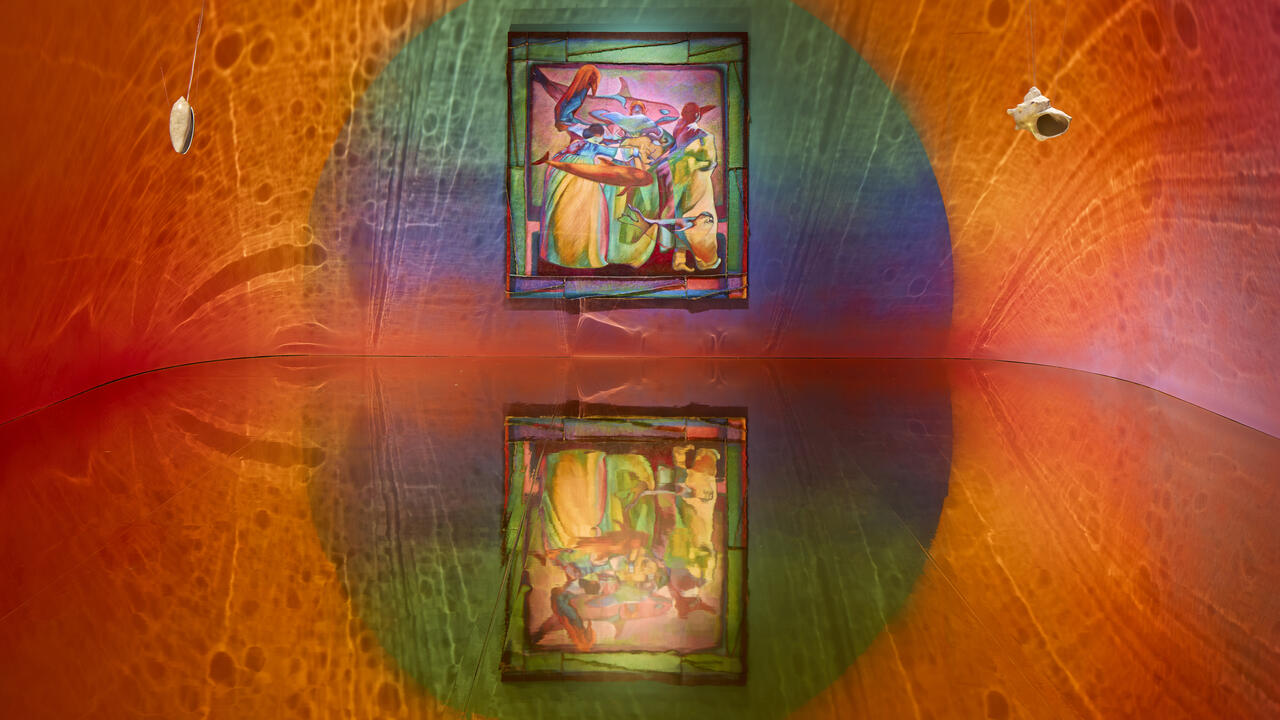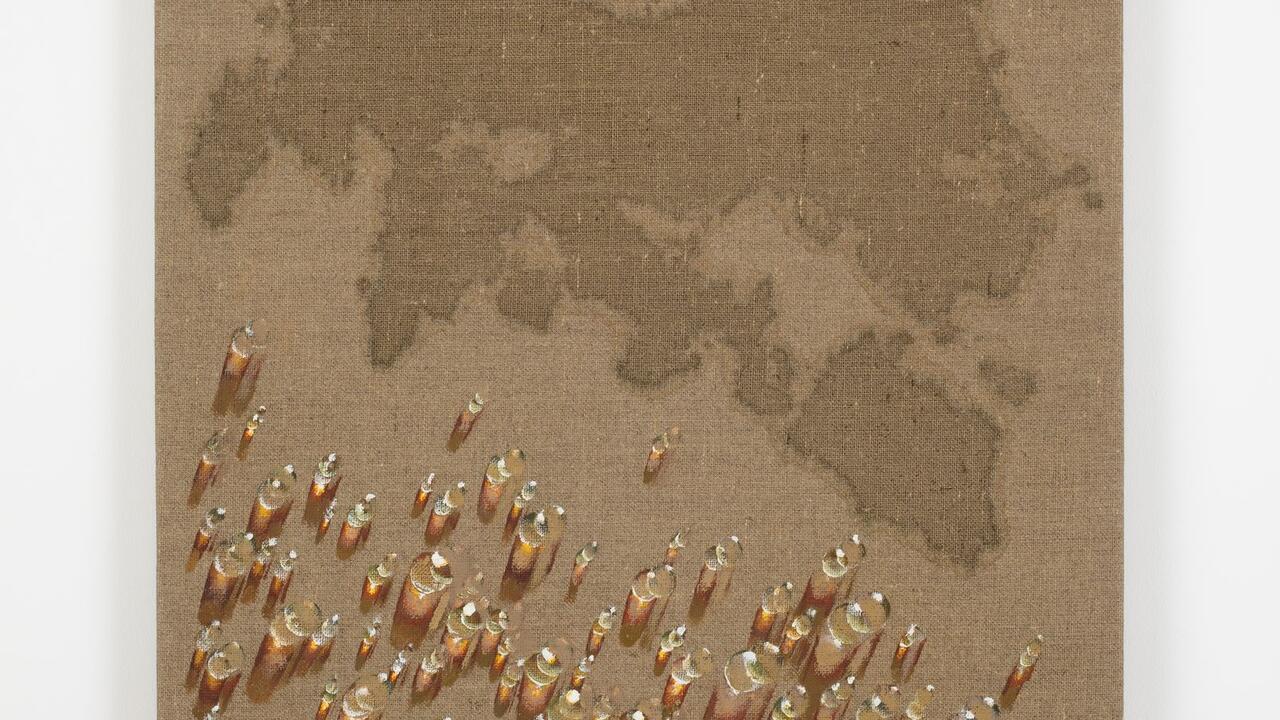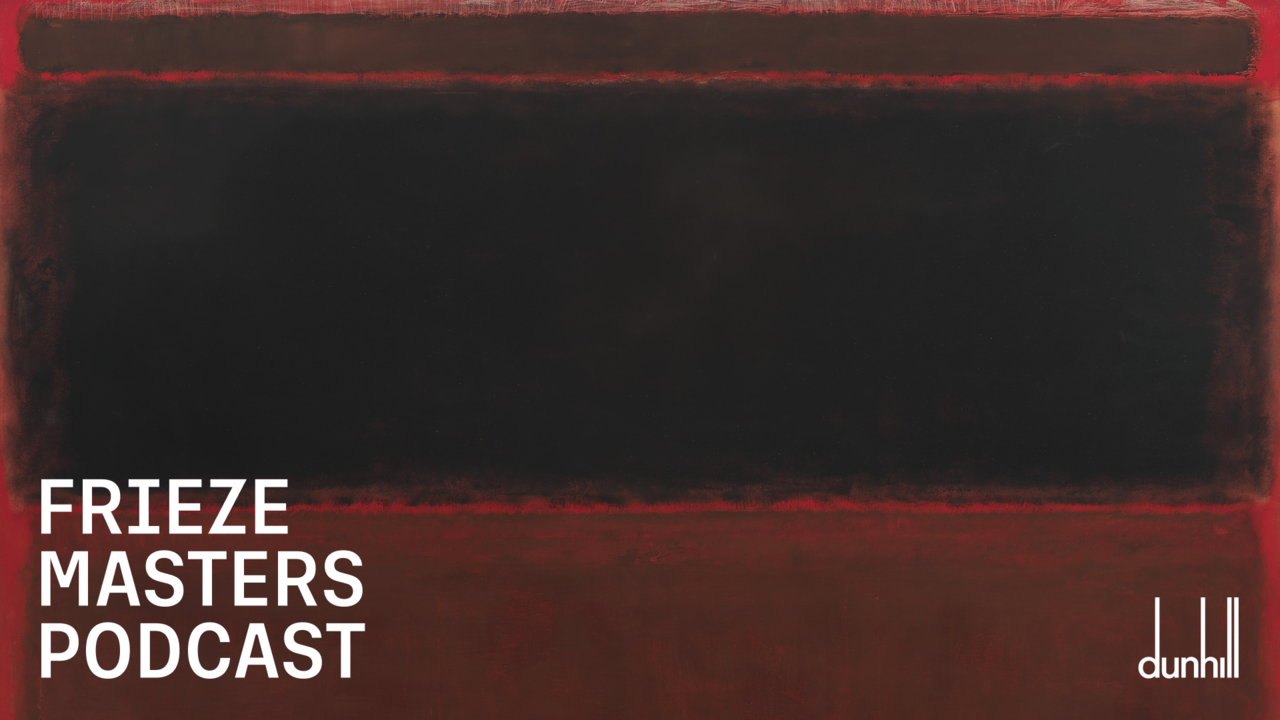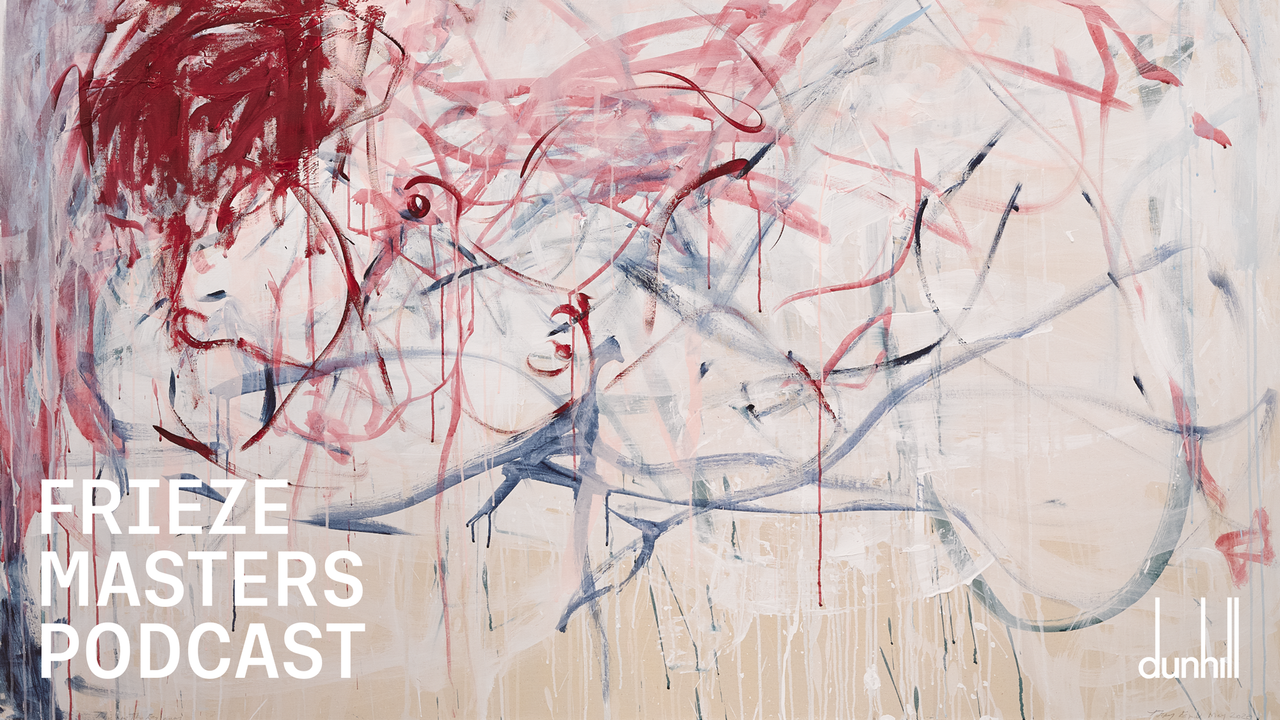Five Turner Prize Artists Demand National Portrait Gallery End BP Sponsorship
Antony Gormley, Rachel Whiteread, Anish Kapoor, Gillian Wearing and Mark Wallinger have co-signed a letter addressed to the gallery’s director
Antony Gormley, Rachel Whiteread, Anish Kapoor, Gillian Wearing and Mark Wallinger have co-signed a letter addressed to the gallery’s director

Five Turner prize-winning artists have joined the call to end BP’s sponsorship of the National Portrait Gallery (NPG) in London.
Antony Gormley, Rachel Whiteread, Anish Kapoor, Gillian Wearing and Mark Wallinger have co-signed a letter, alongside 75 other leading artists – including previous winners of the NPG’s BP Portrait Award – demanding that the institution cease all sponsorship arrangements with the oil giant.
The letter, which was addressed to the gallery’s director Nicholas Cullinan and written by YBA Gary Hume, drew attention to BP’s contribution to climate change. ‘BP is one of the world’s biggest producers of oil and gas. Despite its acknowledgement that climate change is a problem, and the prominence of BP’s green credentials in its advertising, the company is choosing to invest 97% of its available capital in fossil fuel exploitation and a mere 3% in renewables,’ the letter reads.
The letter goes on to make three demands, to ‘not renew the contract with BP when it expires in 2022’, to ‘start looking for alternative funding for the Portrait Award,’ and ‘as an immediate first step, remove the BP representative from the judging panel.’
The annual NPG portrait award has been sponsored by BP for 30 years and the current five-year GBP£7.5 million sponsorship deal, which the NPG are part of alongside The Royal Shakespeare Company, British Museum and the Royal Opera House, was announced in 2016.
Speaking to The Guardian, Gormley said: ‘Art has always been a practice of hope. BP have demonstrated that they have no interest in our collective future and will jeopardise it in the pursuit of profit. Science tells us that BP’s business threatens our very way of life. We have no choice but to respond.’
Nicholas Cullinan has responded to the letter with a statement, stating that it was ‘challenging in the current economic conditions’ to seek new sponsorship. ‘BP’s long-term support for the portrait award directly encourages the work of talented artists across the world,’ he said. ‘It also enables free admission to the exhibition, which attracted over 275,000 visitors in London last year. For this we are grateful,’ he continued.
The decision by the five Turner Prize winners to co-sign the letter comes after an escalation in recent weeks of the campaign for divestment. In June, Mark Rylance resigned from the Royal Shakespeare Company, citing his frustration with the culture sector’s continuing reliance on oil money. In an open letter, he said: ‘I do not wish to be associated with BP any more than I would with an arms dealer, a tobacco salesman or anyone who wilfully destroys the lives of others alive and unborn.’
Earlier this year, protests against sponsorship were staged in the British Museum, while last week the activist group Extinction Rebellion held a ‘die-in’ action outside the Royal Opera House, protesting its BP deal.








